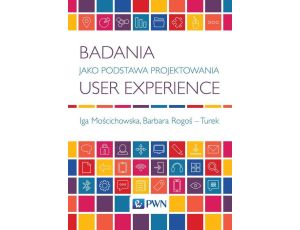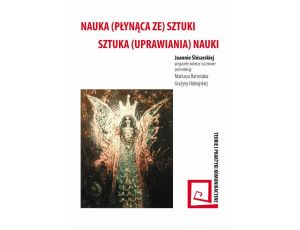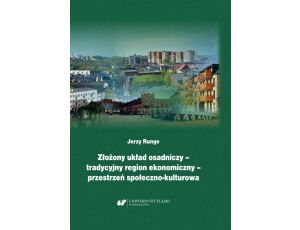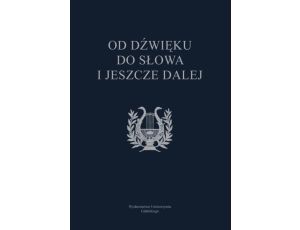Opis produktu
Opinie
Translated by Barbara Komorowska
In contrast to the already published works in which I implement the ‘programme’ of the ethnography of historical thought, in this book, I have shifted the emphasis from ethnographic descriptions and thinking by means of large issues to thinking about great issues.
Shifting the emphasis makes it possible to give a dimension of perceived realism to large issues – to think realistically and specifically about them. At the same time, it causes a change in the nature of ethnographic descriptions. They are no longer so ‘thick’. This means that this work is neither an autotelic nor a mixed case study. What I present in this monograph is an analysis of ethnographic information. It makes it possible to get to know the people from which it comes, as much as it makes it possible to primarily know the cultural world in which we all live.
Ethnographic information comes from conference statements and views expressed in discussions and monographs. Usually, I extract non-key statements from them from the point of view of their authors. Being specific social events, they are explored and treated as telling something about large issues present in the study of the past.
In contrast to the already published works in which I implement the ‘programme’ of the ethnography of historical thought, in this book, I have shifted the emphasis from ethnographic descriptions and thinking by means of large issues to thinking about great issues.
Shifting the emphasis makes it possible to give a dimension of perceived realism to large issues – to think realistically and specifically about them. At the same time, it causes a change in the nature of ethnographic descriptions. They are no longer so ‘thick’. This means that this work is neither an autotelic nor a mixed case study. What I present in this monograph is an analysis of ethnographic information. It makes it possible to get to know the people from which it comes, as much as it makes it possible to primarily know the cultural world in which we all live.
Ethnographic information comes from conference statements and views expressed in discussions and monographs. Usually, I extract non-key statements from them from the point of view of their authors. Being specific social events, they are explored and treated as telling something about large issues present in the study of the past.
Cechy
| Rodzaj: | e-book |
| Format pliku: |
|
| Autor: | Wojciech Piasek |
| Język publikacji: | angielski |
| Rok wydania: | 2023 |
| Liczba stron: | 180 |
| Miejscowość: | Toruń |











